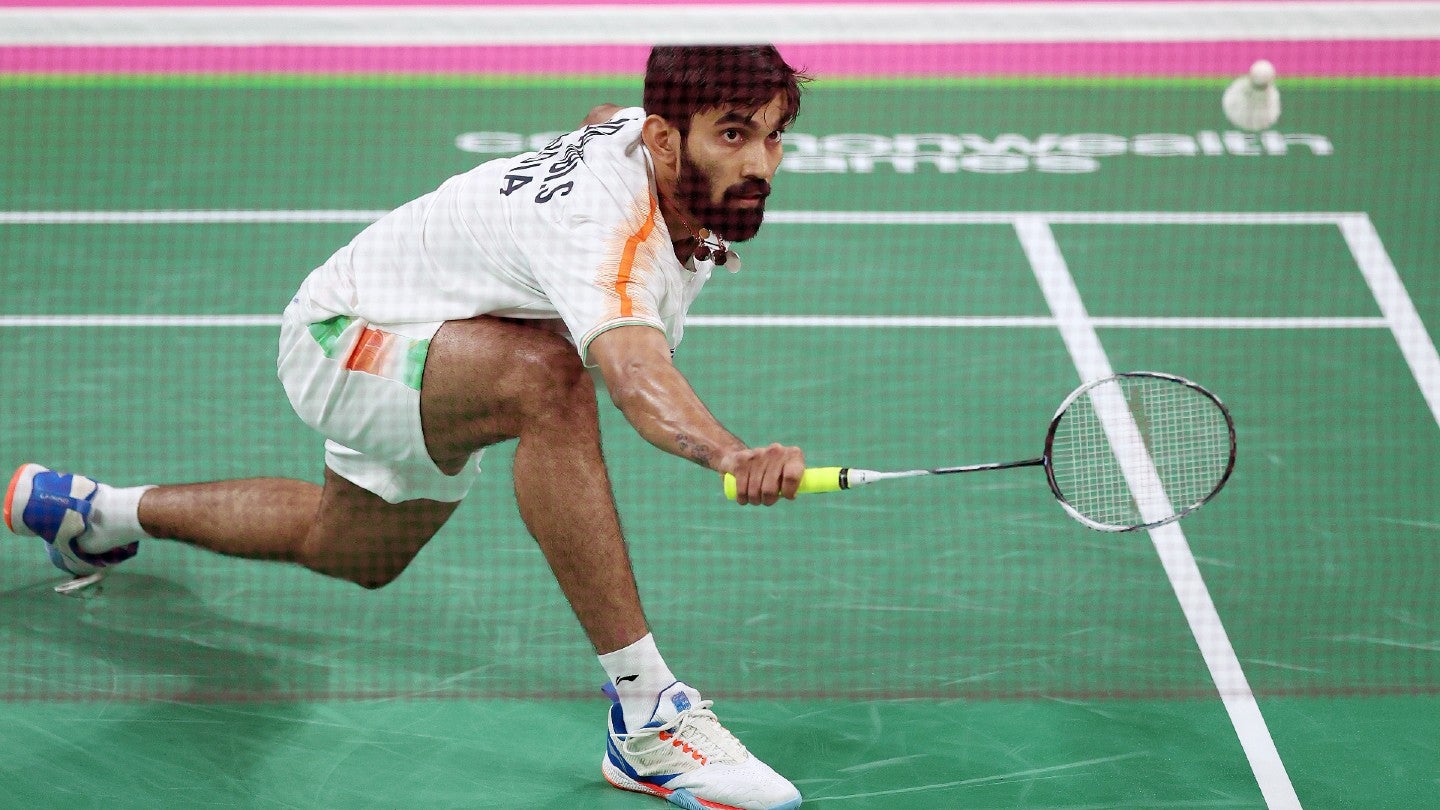
The Indian Olympic Association (IOA) has approved plans to launch a bid to host the Commonwealth Games multi-sports event in 2030.
This was confirmed at the IOF special general meeting this week, building on an initial expression of interest filed with the Commonwealth Games Federation (CGF) earlier in 2025.

Discover B2B Marketing That Performs
Combine business intelligence and editorial excellence to reach engaged professionals across 36 leading media platforms.
The country now has until August 31 to submit the final proposal for its bid, with the cities of Ahmedabad and Bhubaneswar both in the frame to take up hosting duties, as is the country’s capital region of Delhi.
After this, a host will be decided at the CGF general assembly in Glasgow in late November.
A CGF delegation headed by games director Darren Hall has already met with officials from Ahmedabad and the wider state of Gujurat.
India is one of a number of countries that have expressed interest in hosting the 2030 games, with Nigeria another party named as interested in replacing Alberta, Canada, which pulled its bid for the event in August 2023.

US Tariffs are shifting - will you react or anticipate?
Don’t let policy changes catch you off guard. Stay proactive with real-time data and expert analysis.
By GlobalDataIndia has hosted the Commonwealth Games once before, in Delhi in 2010, in what remains the most successful edition for Indian athletes.
Those in charge of the Indian Olympic Association have said that, if successful, they will seek to make the 2030 Commonwealth Games a full-scale edition of the event, marking a return from the scaled-down nature of Glasgow 2026.
Indeed, Glasgow is hosting a scaled-down edition of the games with just 10 sports categories taking place, a factor necessitated by the quick turnaround after Victoria, Australia, withdrew from its commitment.
The games will be hosted from July 22 through August 2, 2026, in the Scottish city (which will play host for the second time in 12 years), and will feature 10 different sports (as well as para-iterations of six of those sports) staged across four venues.
Athletics (track and field), swimming, artistic gymnastics, netball, weightlifting, boxing, judo, bowls, and 3×3 basketball will all be staged, alongside para-track cycling, para-athletics, para-swimming, para-powerlifting, para-bowls, and wheelchair 3×3 basketball at the scaled-down games.
In addition to the downsized events roster, the games will also be conducted without the use of any public funding, instead relying on a combination of sponsorship revenue and funds paid by Victoria as a penalty for its withdrawal from its hosting commitments.
Ahead of the 2030 Commonwealth Games selection process, the CGF outlined three principles as part of its new host selection process:
Hosts will now have more flexibility to shape each games themselves, to “co-create the event and associated legacy benefits and social return on investment."
The costs of hosting will be lowered significantly to enable more countries to stage the games. This will be achieved through several factors, including “encouraging the use of existing venues for sport and accommodation.”
The exceptions to this, however, will be if additional infrastructure is “part of existing national development plans that will happen irrespective of the games.”
The sports program for each games should be “innovative, inclusive, and exciting,” and should be attractive and relevant to athletes, host countries, and the Commonwealth in general.
This opens the door to the potential inclusion of traditional Indian sports such as kabbadi and kho kho in the 2030 program.





